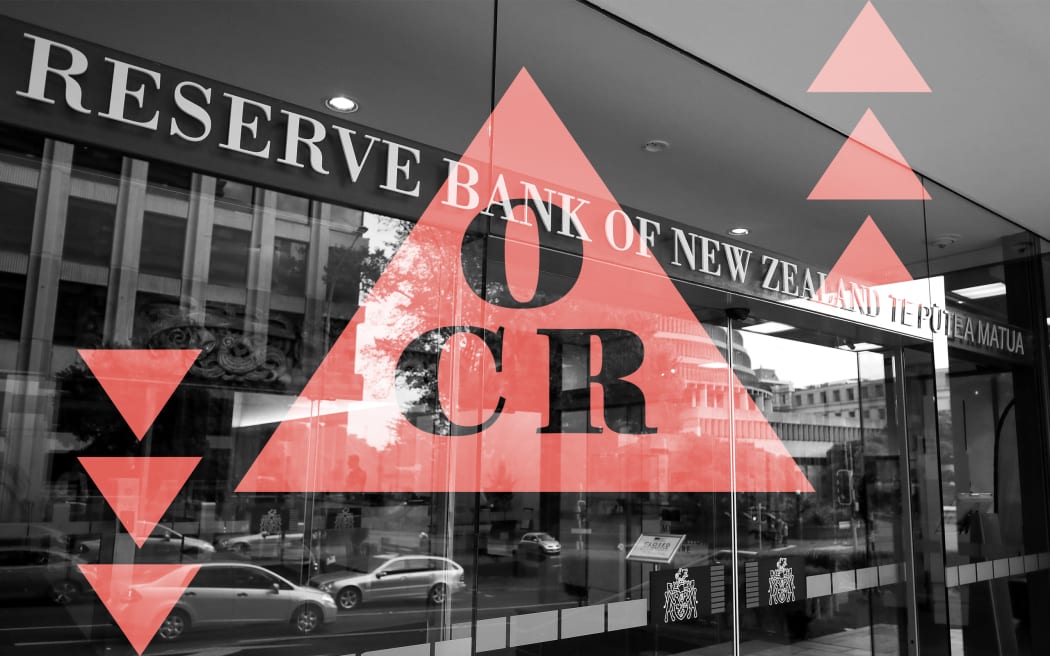
Photo: RNZ
The Reserve Bank's decision to cut the official cash rate by 25 basis points makes it hard to figure out what to trust of what it says, one senior economist says.
The bank cut the rate to 5.25 percent on Wednesday.
While that was predicted by some economists, it is a significant change from the last full update from the bank in May, when it said its monetary policy committee had discussed the prospect of another interest rate increase - and it did not expect to cut until this time next year.
Infometrics chief executive Brad Olsen previously said "heads should roll" if a cut happened this week, given the economy had progressed much as the Reserve Bank was expecting it to when it forecast no cut until 2025.
He said he did not expect any accountability for the rapid change of view, "but there sure as hell should be".
In its statement, the bank's only acknowledgement of its changed view was a reference to "high-frequency indicators" pointing to material weakening in activity.
"The bank seems to have just ignored what it did in May and hope the rest of us forget - we won't," Olsen said.
"To be fair, it's probably the right move but the huge revision to the OCR track - a thing the Reserve Bank quite directly controls - shows how completely wrong they were in May."
It now has the OCR at just over 4 percent in September next year.
"They try to explain it away a little bit by saying near-term economic indicators have change and are now on a weaker track - but it's not that much weaker. I've said before the indicators that have come in so far that they have said over time they watch have come in broadly as expected. They've completely ignored themselves."
He said it was "probably the biggest flip-flop" ever seen from the Reserve Bank.
"The bank clearly has no idea why the economy has apparently changed so much between May and August."
Olsen said it seemed the bank had woken up to what other commentators and economists were seeing.
"It's just that they fought against that view in May, it makes it a lot harder to trust what they say."
ANZ chief economist Sharon Zollner said the bank had shown it was not afraid to change its mind when the facts changed.
"You could characterise this as moving from a backward-looking mindset to a forward-looking one."
The bank was "taking a bit more of a punt", but there was always going to be a trade-off between "being sure and being timely," she said.
If the economic data stayed weak, the Reserve Bank would be able to tick the box of having been timely and responsible, she said. But if it bounced back, it risked being boxed into a corner.
Zollner said she might have waited for more data, because although recent indicators had been weak, the time period was limited. But it could still turn out to have been the right decision, she said.
Olsen said it was notable that the Reserve Bank had heavily reduced its inflation expectation. Instead of forecasting a rate of 3 percent for the September quarter, it now predicts 2.3 percent.
He told Checkpoint he believed the Reserve Bank had its forecast wrong three months ago.
He said there should be some sort of accountability for such a fail.
"It does make it impossible to trust the Reserve Bank's judgement looking forward," Olsen said.
"They should be able to look out and cast forward on the economy. That's literally their entire job."




